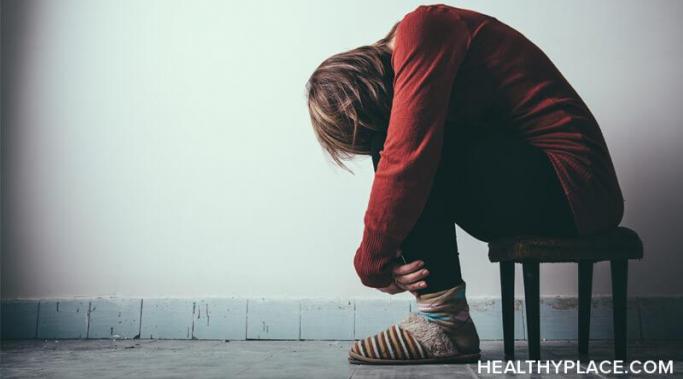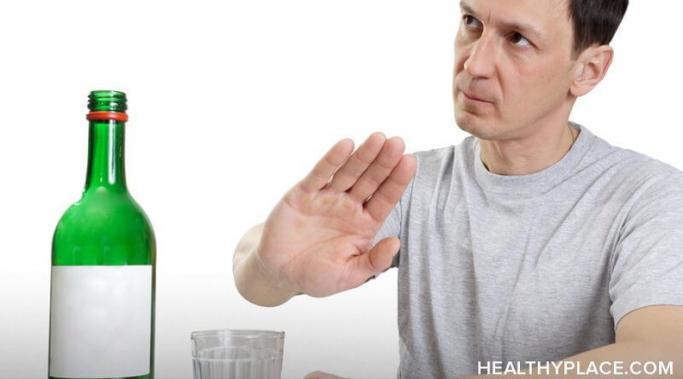Triggers and emotional cravings relating to mental difficulties are very common for those of us in recovery during the holiday season. We previously discussed three different types of cravings individuals might face in addiction recovery, one of the most complex of these being emotional cravings. This week I want to dive deeper into the concept of emotional cravings and just how prominent they can be during the notoriously stressful holiday season.
Behavioral Addictions
As a recovering behavioral addict, I've learned quite a bit about cravings and how to manage them. Through my experience, I've determined that cravings can typically be split into three different categories: physical, mental, and emotional. Some recovering individuals are more impacted by one of these craving categories, while others are plagued with the task of fighting all three on a regular basis. Addiction recovery, like most things, does not come in a one-size-fits-all format though. You must figure out which cravings affect you the most and learn how to manage them on your personal recovery journey.
Conversations about your sex addiction are almost always a daunting task, but the conversations take on even higher stakes when you're confessing your secret sins to your family members. Some sex addicts keep their taboo desires and habits hidden from their loved ones for years or even decades; while others, like myself, choose to go all in and tell their family only a few months into the madness of active addiction. The conversations about sex addiction are never easy, but in my opinion, they can be extremely helpful in creating a healthy, transparent space with the people you love most.
Behavioral addiction and substance addiction have similarities and differences. I've learned over time that most people only associate addiction with substance abuse or chemical dependency, often leaving those suffering from behavioral addictions completely alone and underserved in their recovery process. In my recovery journey, I have had to overcome a lot on my own and even to this day, I have been told by many that my addictions either aren't real or aren't important simply because they don't involve illegal or harmful substances. Behavioral addictions are just as valid and often just as devastating as substance addictions, although sometimes the recovery process for each one can differ greatly.
As this decade is reaching its end, I am reminded of how long behavioral addictions have haunted me and exactly how far I've come. Around 2010, I first began exploring my sexuality as a teenager and I quickly learned how helpful sex could be as a coping skill for a struggling and defiant teenager like myself. Over time though, I wasn't just relying on sex to cope, my tendency to rely on certain behaviors or activities to survive slowly spread to nearly every area of my life including things like food, social media, shopping, and probably even others that I'm not fully aware of. Behavioral addictions are especially tricky to conquer because they commonly involve the most regular and routine aspects of our lives and they often go completely unnoticed.
As a recovering addict, I have been fortunate enough to encounter many methods of recovery, including but not limited to the 12-step group for sex addiction. I first found my way to the most common group options like Alcoholics Anonymous (AA) and Narcotics Anonymous (NA), and eventually, I discovered the variety of sex addiction-related 12-step groups available. After spending plenty of time in the 12-step group world, I can honestly say that I'm abundantly grateful for the recovery work they do within the community. However, I cannot give 12-step groups all the credit in regards to my recovery experience and maintaining sobriety.
There are numerous benefits to documenting cravings on an official craving log. Managing cravings is perhaps one of the most challenging barriers you must face in recovery. If addiction is like an earthquake in our lives, cravings are the continual and sometimes catastrophic tsunamis that follow. I define cravings at the mental, emotional, or physical reminders that tug at your soul and remind you that your addiction still exists. They tend to be at their most extreme in early recovery, but in some cases, cravings can be experienced for years following your sobriety date. So let's see how beneficial a craving log might be for your personal addiction recovery.
I spent most of my time in active addiction fearful of what others would think about me; but when I slowly began to open up about my sex addiction, I was incredibly surprised by the reactions I received from people. Some individuals pleasantly surprised me with their love and support, others made me feel like a piece of garbage, and a few of them completely creeped me out. Nonetheless, I am grateful I finally spoke up about my sex addiction, because I know now that the reactions from other people (even people I love) don't get to define me.
The crippling stigma of female sex addiction is just one of many hurdles women must conquer on the road to recovery. Sex addiction, like many addictions, weaves it's way into the most intimate areas of your personal life, particularly in your personal relationships. The stigma and unfair shame that accompanies sex addiction have been some of the most brutal aspects I've had to face in recovery, especially as a female sex addict.
If you spend any time at all in the rooms of Alcoholics Anonymous (AA), you will likely hear the term “dry drunk” referring to someone who is in addiction recovery and, in fact, still sober. I didn’t understand the term until I had been in the program for a while. I wondered to myself how could someone be a drunk when they were remaining sober. However, I learned that sobriety isn’t the same as recovery and a dry drunk is sober, but not actively recovering from his or her addiction.









